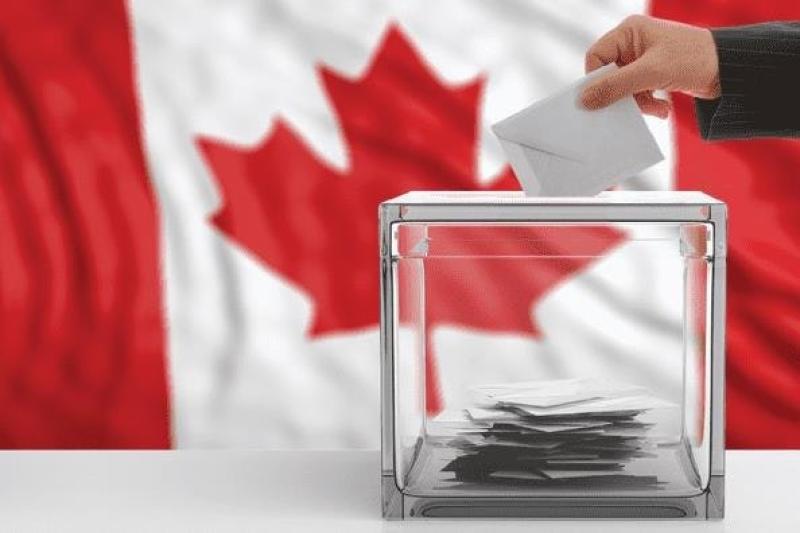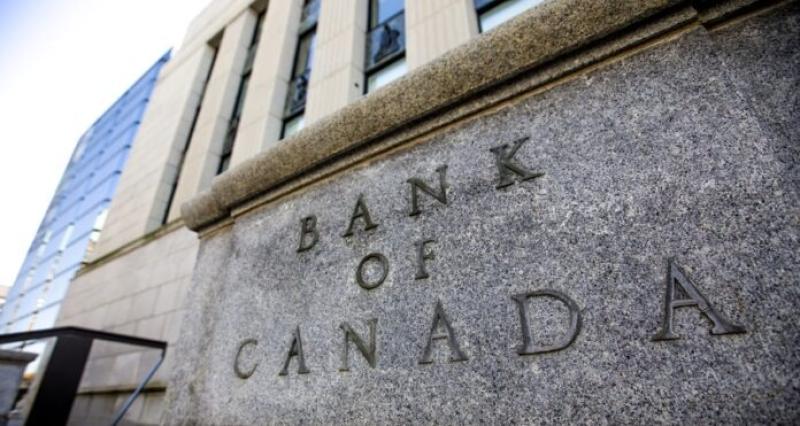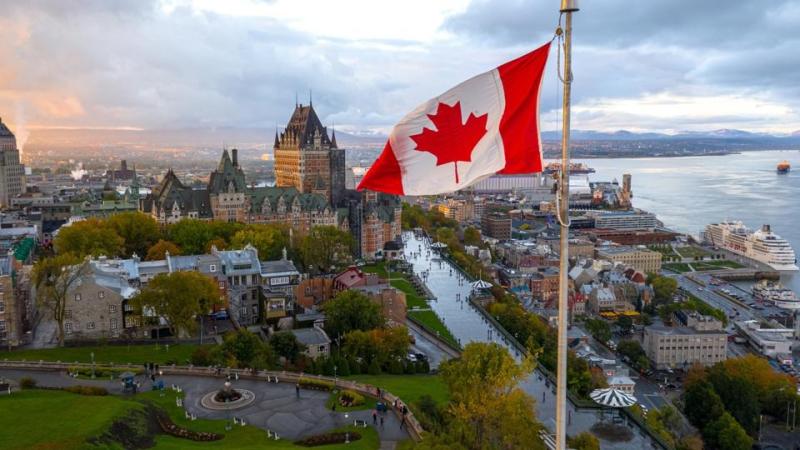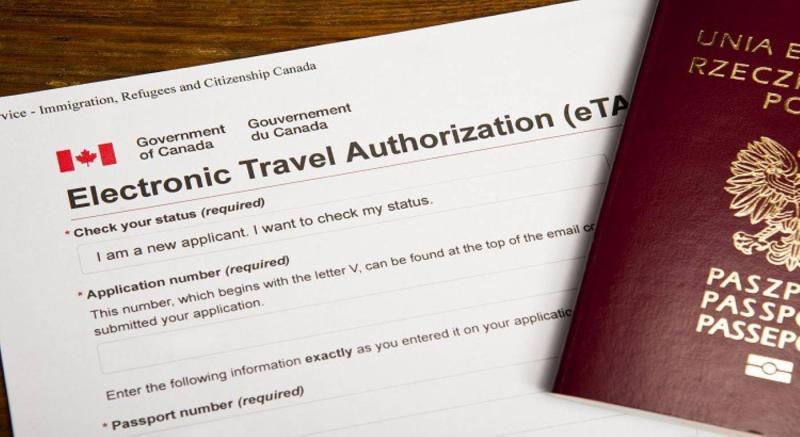A Nation at a Crossroads: Why Some Canadians Quietly Consider U.S. Statehood

Donald Trump’s recent declaration that he would like to see Canada as the 51st state of the United States has sparked a wave of debate across the country. Public opinion remains divided, with a vocal majority, led by most provincial leaders, strongly opposing the idea. However, what is particularly interesting is the quiet, yet existent, segment of the population that appears to be in favor of such a proposition—although hesitant to openly express their views.
Who are those who quietly support the idea of Canada becoming part of the United States, and what motivates their hidden inclination?
A closer examination reveals that they largely belong to a specific demographic; immigrants who arrived in Canada over the past 15 to 40 years. Unlike the early immigrants and Loyalists who shaped Canada as an independent nation 160 years ago—those who fought in two world wars, helped build the country through economic hardship, and even engaged in military conflict with the U.S.—these newer immigrants arrived with a different vision.
Between the 1980s and early 2000s, a wave of skilled immigrants chose Canada as their home. They were not refugees, asylum seekers, or temporary workers, but professionals eager to contribute to the Canadian Dream, much like the earlier settlers. Many of them came from countries where patriotism, nationalism, and a strong sense of belonging to a homeland were deeply ingrained values. However, their perception of Canada has evolved over the last decade as they have witnessed a gradual erosion of these principles in Canadian society.
Over the past 11 to 13 years, these immigrants have observed government policies granting privileges to select groups, often based on ideological alignment, while simultaneously enacting laws that, in their view, suppress freedom of speech. They have seen ideologies and practices that contradict the foundational principles of democracy and secularism take root, leading to growing concerns about the country’s future.
One particularly upsetting example has been the rendering of Canada’s national anthem in languages other than the country’s official languages—English and French. In many of their home countries, such an act would be considered a severe breach of national respect and unity.
Furthermore, some have noticed a troubling trend where individuals—sometimes newly arrived immigrants or individuals of unknown status—remain seated during the playing of the national anthem, sometimes even laughing, as if mocking the significance of the moment.
These incidents, along with broader societal changes, have led many long-term immigrants to question whether Canada is losing its identity. They see new waves of immigration bringing traditions, customs, and even languages that are not merely coexisting but, in some cases, being imposed on the broader society. While cultural diversity is widely respected and appreciated, there is a growing sentiment that the limits of cultural integration must be clearly defined to maintain national cohesion.
This leads to an interesting contrast with the United States. Despite being a nation built by immigrants as well, the U.S. has maintained a strong sense of national unity through its education system, social values, and communication structures. Every immigrant is encouraged to embrace American patriotism, fostering a collective sense of belonging and national pride. This expectation of assimilation and loyalty to the country resonates with some of the immigrants in Canada who now feel alienated by recent societal shifts.
Ultimately, while the idea of Canada becoming the 51st state may be dismissed outright by the majority, the quiet contemplation of this notion among some citizens raises significant questions. It is not about a desire to abandon Canada, but rather a reflection of growing concerns over the country’s direction, identity, and future. Whether or not Canada ever entertains such a proposition, the discussion it has sparked should serve as a wake-up call to reassess the values, policies, and principles that define the nation.















